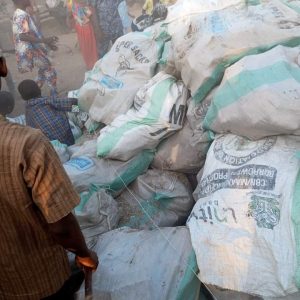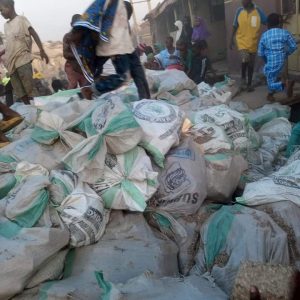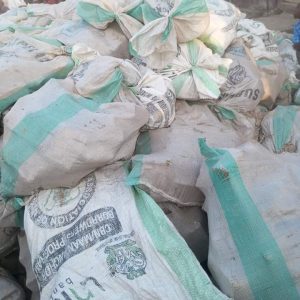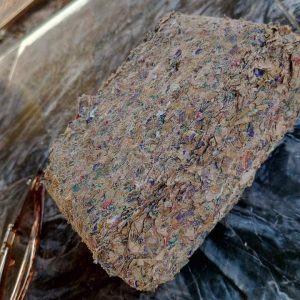The ruling All Progressives Congress (APC) will be shaken to its foundations, but it will survive. The most problematic question for the party of course is who carries its presidential flag in the 2023 election, when President Muhammadu Buhari will step down…If Tinubu survives the ambush of the wolves in his party, the race is over – My precipitations, December 31, 2021
In the last three years, I have formed the dangerous habit of forecasting what the new year might bring, roughly speaking. The quote above was extracted from the piece I wrote on New Year’s Eve of 2022, six months before the APC presidential primaries.
Apart from my disastrous predictions that the Super Eagles would qualify for the World Cup and that Senegal and Algeria would be bankable bets, I was bang on the money from Tinubu’s emergence to Wike’s showdown with Atiku Abubakar and from the return of stolen Benin Bronzes to the resilience of insurgency and its franchises.
Let me start this time with one of the most frequently asked questions: who will likely win the presidential election of February 25, 2023? My guess is that the APC presidential candidate, Ahmed Bola Tinubu, will win. I’ll explain later.
Concerns have been expressed about whether the election will even hold, especially in light of the worsening violence in the South-East including the burning of INEC offices, insurgency in the North-East and some parts of Kaduna in the North-West.
I have witnessed and reported over half a dozen general elections in Nigeria and not a single one has been without the fear of actual or potential violence beforehand. Yet, virtually all held, however contentious the eventual outcome. The next one will not be different. It will hold.
A closely related question is whether a winner will emerge on the first ballot. This is not a baseless concern. For the first time since 1979 when NPN’s Shehu Shagari and UPN’s Obafemi Awolowo could have potentially gone to a second ballot, the chances that a clear winner may not emerge in the first round of next year’s presidential election never looked more probable.
Will a combination of the damage by Governor Nyesom Wike’s faction and Labour Party’s Peter Obi be enough to undermine the leading candidates – Tinubu and Abubakar, especially the latter – and force a re-run? I doubt it.
Even though this might be the first time in over 40 years that a presidential election would keep the two frontrunners looking over their shoulders to the finish line, my guess, again, is that a winner will emerge at first ballot.
Tinubu will likely win, and the presidential election will not go to a re-run. Why? The South-East and South-South, two zones that were formerly PDP’s strongholds, have been severely undermined by the crisis in the party and the emergence of Obi. Otherwise, the APC would have had a far more difficult task at the polls, especially given President Muhammadu Buhari’s poor record on the economy, employment and security.
Some may argue that the South-East recorded less than three percent of the total votes that brought the APC to power in the last two election cycles against the PDP’s 16.6 percent. With Obi’s emergence, however, the hold of the opposition party in that region has never been more precarious. The region may, once again, not vote for the APC’s candidate, Tinubu, but his loss will not be Abubakar’s gain.
And even though the PDP’s candidate may perform better in a few South-South states like Delta (where his running-mate is from) and perhaps Akwa Ibom, his performance in these places would be eroded in Cross River where Governor Benedict Ayade carefully thrashed PDP before defecting to the ruling party.
In Edo, where the showdown between Governor Godwin Obaseki and his estranged benefactors (Adams Oshiomhole and Wike) has entered the bareknuckle phase, the slugfest promises to leave the governor and the PDP hanging by the skin of their teeth not only in February, but well into the twilight of Obaseki’s remaining 18 months in office.
Perhaps the biggest electoral blow to the PDP in the South-South will come from Rivers State, the largest PDP vote bank in the region, second in the entire South to Oyo. I forecast, based on what I have heard, that whereas there are less than five billboards of any presidential candidate in main town Port Harcourt as of today, before the end of January, Wike, the most influential of the G-5 governors, will openly declare his support for Tinubu.
He will be followed by another member of the group and Governor of Oyo State, Seyi Makinde. Depending on how they hedge their bet, the remnant – Ifeanyi Ugwuanyi (Enugu); Okezie Ikpeazu (Abia); and Samuel Ortom (Benue) – will be left fighting for their political lives.
It would, of course, be a mistake to suggest that the next presidential election would be decided solely in the South, East or South-South. While events in these regions could significantly reduce the chances of a re-run and tip the scale in favour of the APC candidate, they might also instigate sympathy votes in many core Northern states for Abubakar who will be perceived a victim of a Southern gang-up.
This sentiment, which will be reinforced by traditional rulers and clerics in the region, will spill to battleground states in the North-West, where Abubakar will perform better than had been forecast in Kano, Kebbi, Katsina, Jigawa and perhaps even Sokoto, largely at the expense of NNPP’s Rabiu Kwankwaso and Obi.
On the whole, however, a number of moneybags and influential governors who have a manifest stake in the continuity of the ruling party at the centre, will ensure, by all means, that the APC candidate retains the edge over his rival in the North-West; while the North-East apart from Adamawa, Taraba and perhaps Bauchi, will be in significant play for the ruling party.
The situation in the North-Central states that used to be the bellwether of Nigeria’s politics has been undermined by the toxicity of identity politics and farmer-herder conflicts, especially under Buhari’s government. The sweep of APC’s broom will be impeded in Niger, Kwara, Benue and perhaps Plateau States, where Atiku and Obi could make unexpected gains mainly in faith circles, but hardly enough to change the overall electoral map.
Of the six South-West states, Lagos, Oyo and Osun will prove the most interesting. Because of the cosmopolitan nature of Lagos (especially the relatively large population of Southeasterners), I forecast that Obi would likely score more votes in Lagos than he would get from three of the five South Eastern states combined.
Osun has a record of wild voter swings. But the fence-mending between Rauf Aregbesola and his successor, Gboyega Oyetola, may be crucial to the outcome even though Governor Ademola Adeleke will see the presidential election as the first big test of his clout.
Abubakar’s performance in Lagos and Oyo will be severely impeded by the position of the party’s leaders in the region that the PDP has not been fair to the South, giving Tinubu a stronger edge not just in Lagos and Oyo, but also in other South-West states.
In spite of discussions in elite circles about issues-based politics, the virulence of the politics of money, tribe and religion will be such as has never been seen in Nigeria for decades. Also, the presidential election coming first, might weigh on the outcome of tight races in the governorship elections in a number of states two weeks later.
While the general election is not the only tree in the forest of 2023, it is the tree that will define the forest in the year. Until the new president has been sworn in by May and the National Assembly inaugurated in June, expect nothing much. After the elections, it promises to be a six-month year.
There would be no honeymoon. The new president will descend into a perfect storm: inflation at nearly 22 percent; unemployment at 33 percent; foreign exchange scarcity and declining revenue from oil sales; looming debt crisis; a population surging ahead of GDP; an inefficient, lopsided and bloated public service; and broken confidence in government.
It will get worse, at first, as the new president’s men struggle to displace the old, in a combustible lobby industry the kind of which we have not seen in the last eight years.
Subsidy on petrol will go, sparking initial higher prices and demand for higher public sector wages by union leaders who know the truth but prefer to play to the gallery. To tackle the scandalous difference between the official and black-market exchange rates, expect the new government to adjust the official rate from the current N430-450/$ to around N550/$ in the first instance.
Also, expect a dialing back of the CBN’s current over-extended role, among other inevitable changes. The flip-flop over the new naira notes that started with the increase of withdrawal limits to N500,00 will not end there. The deadline for the full introduction of the new naira notes will also be extended from January ending.
The official reason will be insufficiency of the new notes, but the untold reason will be that on the eve of an election when cash-in-hand is everything, politicians will unfailingly stage a self-interest coup that will confirm that the CBN, like the proverbial okra, never grows taller than the farmer.
Where will the new government find money? More taxes, tolls and levies. And perhaps by providing a stimulus package for upstream production of oil and gas and the real sector. There’s a racket called “oil theft”, which is reportedly costing the country millions of dollars daily.
What is closer to the truth, however, is that the “theft” is largely a fiction created by smart creditors owing banks an excess of $6billion for downstream oil and gas assets they bought, but which they’re either unwilling or unprepared to repay. They have zero appetite for any new investments to renew the assets.
Has anyone asked why the wells should keep pumping, knowing full well that the products will get siphoned? Why is no one simply turning off the tap to mitigate loss? And why is this complaint not prevalent in assets managed by foreign oil firms? I expect the new government to tackle this demon and to insist on efficiency as a first step toward raising the country’s production quota and also increasing revenue.
In nearly eight years, Buhari has used up his lucky charm and also those of politicians who look like him, whether or not they are his party members. Perhaps the year would also reveal that his greatest legacy is the gift of a dangerously divided, utterly cynical, hope-bereft country desperately in search of greatness.
It’s a year when, to retain one’s sanity, common sense recommends cautious optimism.
Ishiekwene is Editor-In-Chief of LEADERSHIP

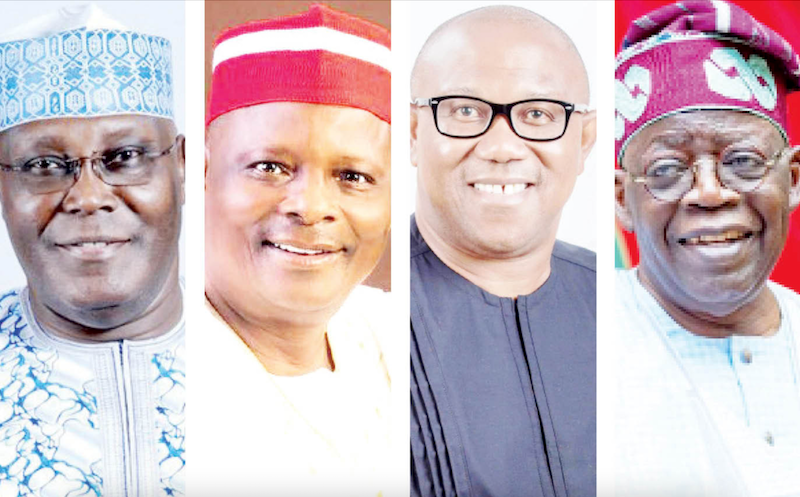
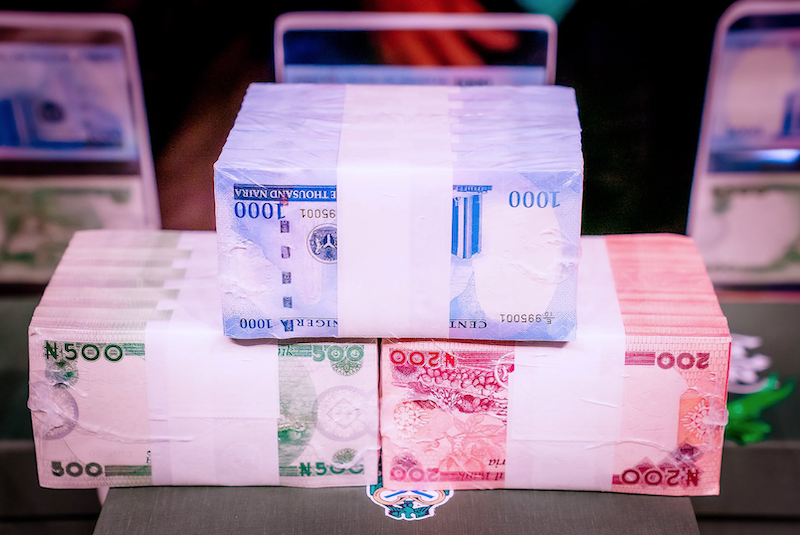
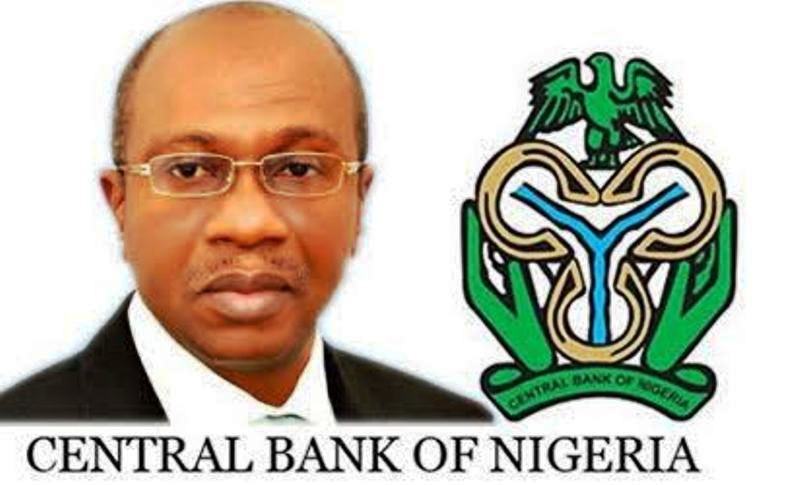
![Naira Design: See Rotten bundles of naira notes dumped by riverside in Benue [Photos]](https://thenewsguru.ng/wp-content/uploads/2022/12/IMG-20221213-WA0021.jpg)
